1. 1991: Miles Davis passes away
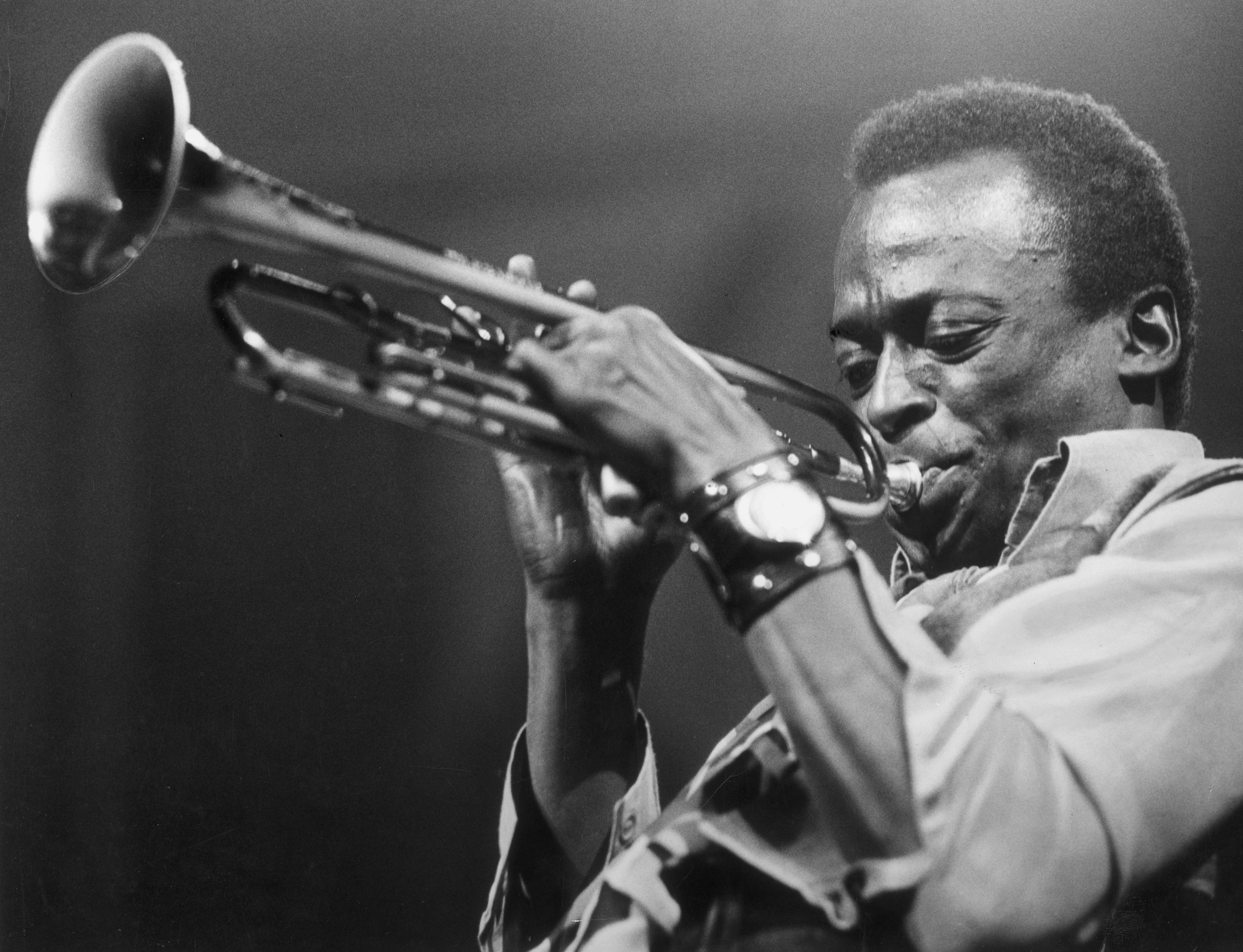
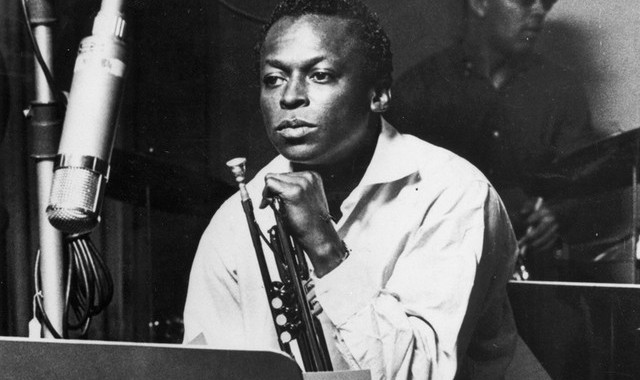
It was a sad day on this date in 1991 when legendary musician Miles Davis passed away in a California hospital at the age of 65. Davis had one of the most influential musical careers ever over the six decades he played as a professional jazz trumpet player. In some circles, he is believed to be a key factor in the evolution of music as we know it today. He first picked up a trumpet at the age of 13, and by the time he was 15 he had already earned quite the reputation with the local musicians union in St Louis, Missouri. His musical talented then brought him to New York City where he would attend the “Harvard” of music schools, Julliard. Davis felt he had a “curse” that forced him to constantly be changing his style of music and exploring the possibilities of new kinds of jazz music. For some people, this made him unpopular, but must people feel as if that willingness to constantly push the boundaries played a major part in the vast array of music genres available now.
2. 1960: Ted Williams hits a home run during his last at-bat
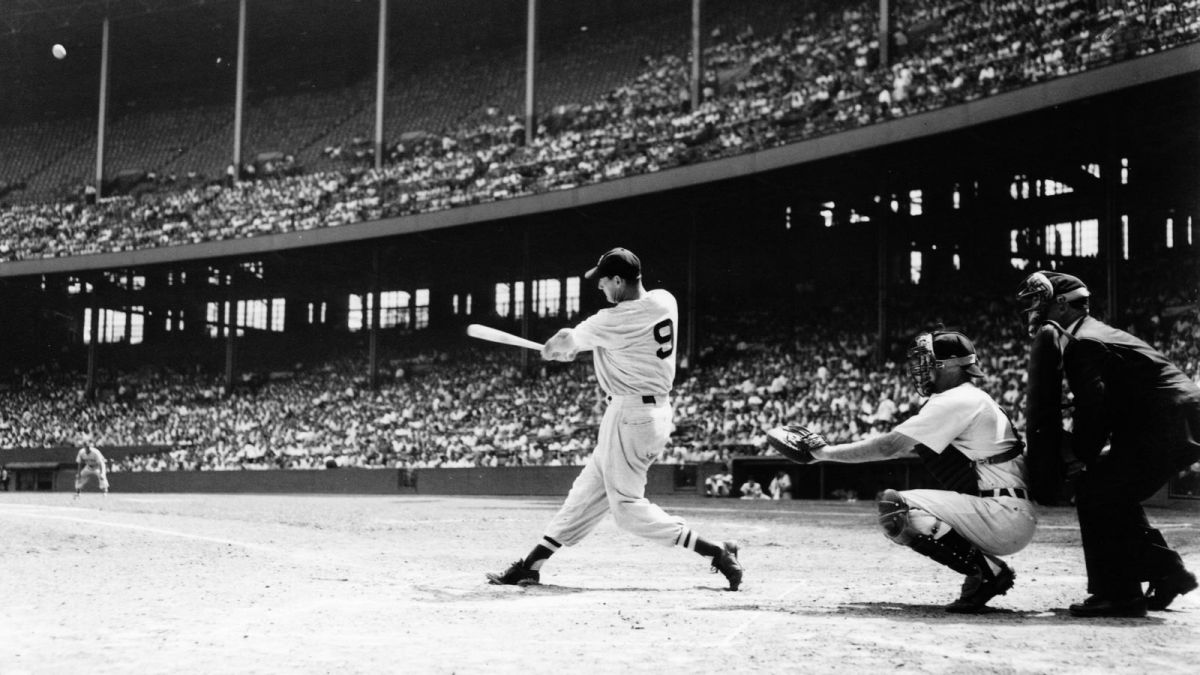
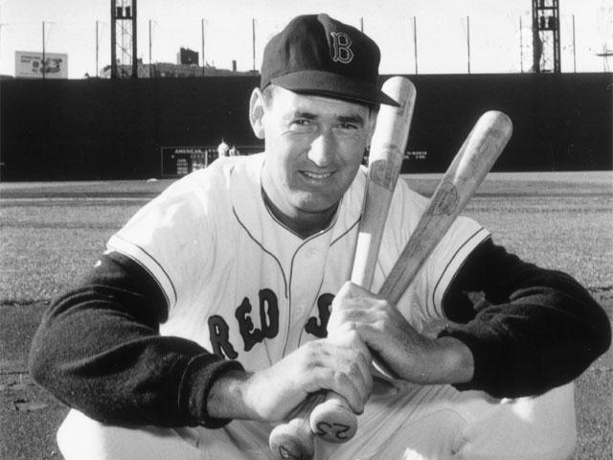
Ted Williams stepped up to the plate and hit a home run for his last major league at bat on this date in 1960 against the Philadelphia Athletics. Early on in life, Williams made a personal goal that one day people would recognize him on the street as “the greatest hitter to ever play baseball,” and based off his stats, he very well may have achieved that. He was one of two players that won the batting Triple Crown which means leading the league in home runs, runs batted in (RBI’s), and batting average. Not only did he hit his 521st home run at his last time at the plate, but during the 1941 season, he managed to end the season with the incredible batting average of .406, which was the last player to average .400 or greater.
3. 1781: The Battle of Yorktown begins
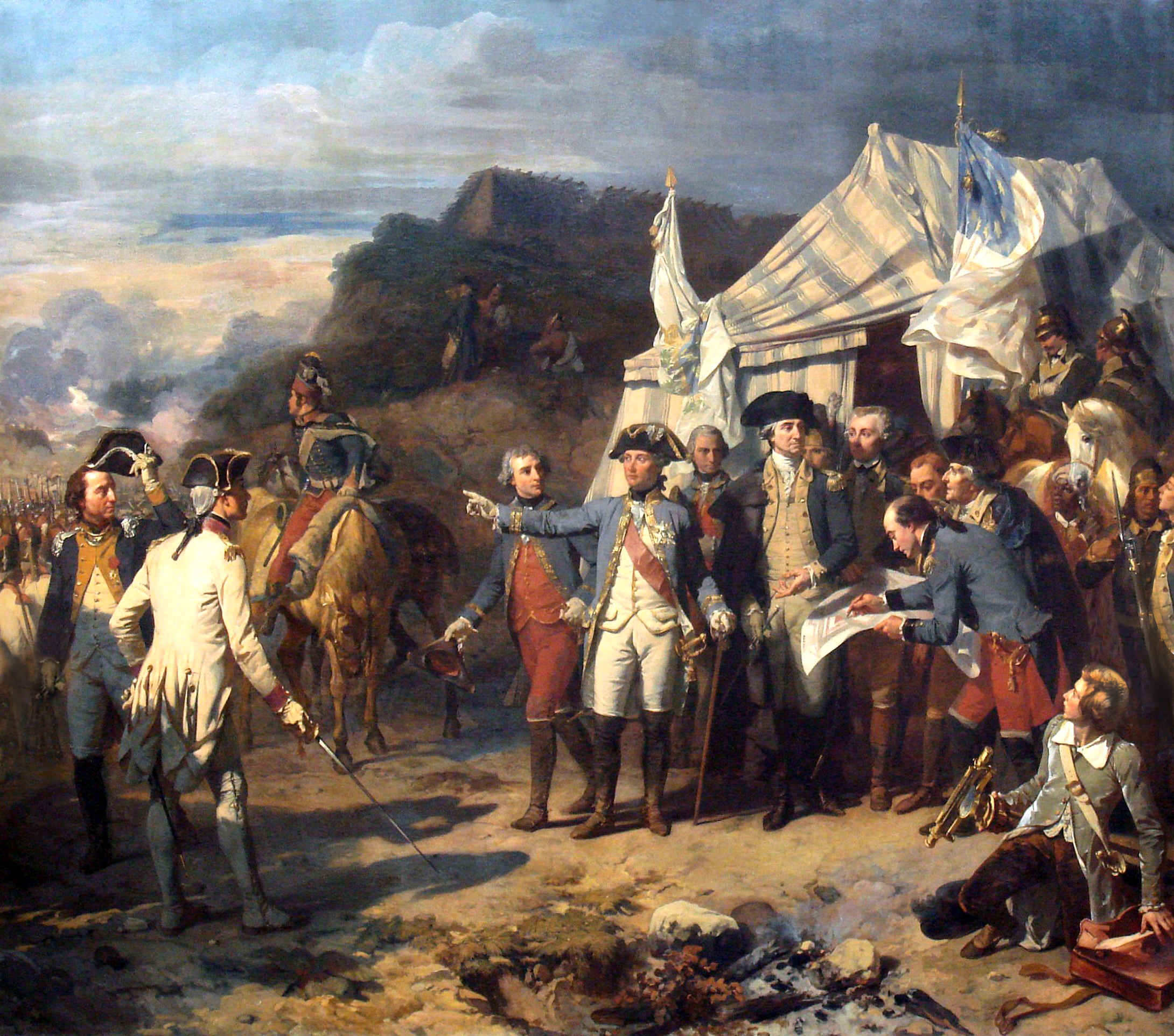
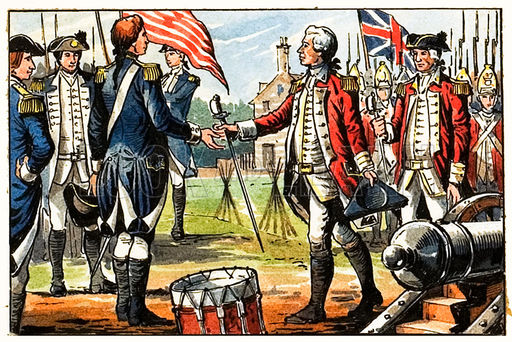
It was on this date in 181 that the most important battle of the Revolutionary War started in Yorktown, Virginia. Known as the Battle of Yorktown, General George Washington led more than 17,000 soldiers from the French and Continental Army against 9,000 British troops led by General Lord Charles Cornwallis. Due to a stroke of luck Washington and his Patriots managed to surround the British cutting off any escape routes by land or sea. According to reports, the Patriots bombarded the British both day and night with artillery and cannon fire. This went on for almost three weeks before Lord Cornwallis was forced to surrender. Although when it came time for the official surrender ceremony, Cornwallis claimed he was ill and instead sent his second in command to hand over his sword to the French and American commanders. This was essentially the end of the War of Independence, although there were still battles taking place on the high seas. Just two years later, the Treaty of Paris was signed which formally recognized the United States as an independent and free nation after eight long years of war.